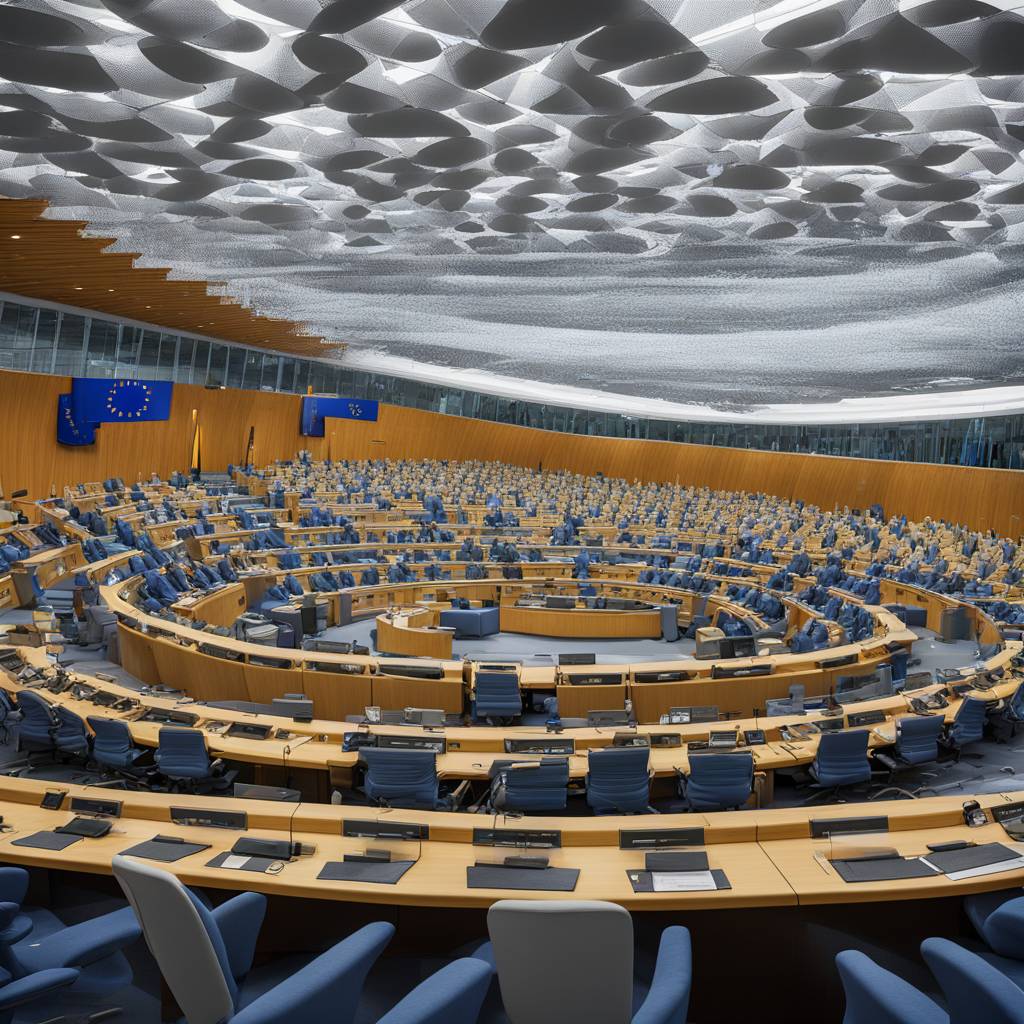The European Parliament’s Committee on Civil Liberties, Justice, and Home Affairs (LIBE) has called for an investigation into the mismanagement of European Union funds in Senegal following reports that an EU-funded crime unit was used to suppress pro-democracy protests in the country. The joint investigation by Al Jazeera and porCausa Foundation revealed that the GAR-SI unit, funded by the EU Emergency Trust Fund for Africa, was utilized by the Senegalese government to repress demonstrators, resulting in at least 60 deaths. The LIBE committee has urged the European Commission to investigate these allegations and ensure transparency regarding the use of EU funds.
The Rapid Action Surveillance and Intervention Group (GAR-SI) was established to combat cross-border crimes in Senegal, such as smuggling and trafficking. However, evidence from the investigation indicated that the unit was misused by then-President Macky Sall’s government to crackdown on protests, leading to increased migration towards Spain. The Senegalese police redirected resources from border surveillance to quell demonstrations, further exacerbating the situation. The LIBE committee emphasized the interconnectedness of migration and security concerns, highlighting the impact of political instability and repression on migratory patterns.
The misuse of EU funds in Senegal prompted discussions in the Spanish parliament, with MPs raising questions about the supply of riot gear to Senegal and the human rights implications of security cooperation. Amnesty International called for an independent inquiry into the improper use of Spanish equipment in Senegal and urged the government to revoke licenses for such exports if violations are confirmed. The EU Emergency Trust Fund for Africa, which aimed to address migration root causes, faced criticism for its lack of human rights assessments and transparency, raising concerns about the consequences of migration control capacity building programs.
While Senegal recently elected a new president, Bassirou Diomaye Faye, who vowed to reevaluate foreign contracts and relations, the future of EU-funded projects in the country remains uncertain. The LIBE committee’s actions on the matter may be delayed until new MEPs are elected in June. The FIIAPP and Spain’s Ministry of Foreign Affairs expressed willingness to cooperate with the EU delegation in Senegal to provide information about the GAR-SI project. They clarified that the project did not involve training in public order or crowd control, and supplies were restricted to the project’s objectives under European financing procedures.
The European Commission responded to the allegations by emphasizing the importance of investigating any disproportionate use of force against peaceful demonstrations in Senegal. The commission stressed that the GAR-SI framework was intended to address organized crime and protect local populations in cross-border areas, refuting claims of involvement in protest suppression. Despite denials from Spanish ministries, concerns persist regarding the misuse of EU funds and equipment in Senegal. The call for an impartial investigation and accountability for human rights violations remains crucial in addressing the misuse of European funds and ensuring transparency in development projects.













